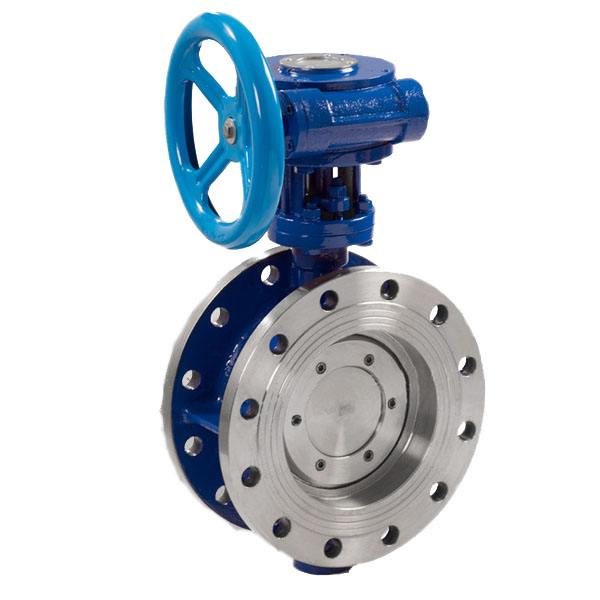stainless steel gate valves
Understanding Stainless Steel Gate Valves A Comprehensive Overview
Stainless steel gate valves are critical components in various industrial applications, utilized for controlling the flow of fluids in pipelines. Their robust design, resistance to corrosion, and ability to withstand high temperatures make them an ideal choice for a wide range of environments. This article delves into the key features, advantages, and common applications of stainless steel gate valves.
What are Stainless Steel Gate Valves?
Gate valves are designed to start or stop fluid flow, rather than to regulate it. They operate by lifting a gate out of the path of the fluid. In stainless steel gate valves, the body and internal components are made from stainless steel, a material known for its superior durability and resistance to oxidation and corrosion compared to other metals. This quality makes stainless steel an excellent choice for handling corrosive fluids and for use in harsh environments.
Key Features
1. Corrosion Resistance Stainless steel gate valves are resistant to rust and corrosion, which is crucial for applications in chemical processing plants, wastewater treatment facilities, and food manufacturing.
2. Temperature Tolerance Able to withstand high temperatures, these valves are suitable for steam applications and high-pressure environments, ensuring reliable performance even under extreme conditions.
3. Low Flow Resistance The straight-line flow path provided by gate valves minimizes pressure drop and turbulence, making them efficient for high-flow applications.
4. Durability Stainless steel gate valves are designed to endure wear and tear over time, which results in lower maintenance costs and longer intervals between replacements.
5. Versatility Available in various sizes and configurations, stainless steel gate valves can be used in numerous applications, from residential plumbing systems to large industrial processes.
Advantages of Stainless Steel Gate Valves
- Longevity The inherent properties of stainless steel, including its mechanical strength and resistance to environmental degradation, extend the lifespan of gate valves compared to those made from other materials.
stainless steel gate valves

- Sealing Capability Gate valves provide a tight seal when fully closed, preventing leaks and ensuring system integrity. This is particularly important in applications where fluid loss could lead to safety or environmental issues.
- Ease of Operation With a simple up-and-down motion, these valves are easy to operate, and most can be automated for remote control.
- Cost-Effectiveness While the initial investment in stainless steel gate valves may be higher than other materials, their durability and low maintenance needs lead to cost savings over the valve’s lifetime.
Common Applications
Stainless steel gate valves are widely used across various industries due to their numerous advantages. Some of the most common applications include
- Water Treatment Used for the isolation of pipelines, these valves help manage the flow and treatment of wastewater and potable water.
- Oil and Gas Essential for controlling flow in upstream and downstream processes, these valves withstand the high-pressure environments typical in oil and gas applications.
- Chemical Manufacturing Due to their ability to handle corrosive substances safely, stainless steel gate valves are vital in the production and processing of chemicals.
- Food and Beverage Compliance with health and safety standards makes these valves an ideal choice for pipelines in food processing industries, ensuring that hygiene is maintained.
Conclusion
In summary, stainless steel gate valves offer a combination of durability, corrosion resistance, and efficiency, making them an essential component in many industrial systems. Their ability to function effectively in challenging environments, paired with their long lifespan and low maintenance requirements, solidifies their role as a preferred choice among engineers and operators alike. Whether in chemical processing, water treatment, or the oil and gas industry, stainless steel gate valves ensure that fluid control is both reliable and efficient. As industries continue to evolve, the importance of these valves is only expected to grow, underscoring their role in modern engineering and infrastructure.
-
Reliable Hydraulic Valves for Efficient Fluid ControlNewsAug.29,2025
-
Reliable Electric Actuators for Industrial Valve AutomationNewsAug.29,2025
-
Premium Line Blind Valves for Secure Pipeline IsolationNewsAug.29,2025
-
Premium Electric Valves for Smart Fluid Control SolutionsNewsAug.29,2025
-
Precision Balanced Valves for Optimal System PerformanceNewsAug.29,2025
-
Heavy-Duty Flanged Butterfly Valves for Water SystemsNewsAug.29,2025
-
Reliable Wafer Type Butterfly Valve - Durable & Space-Saving DesignNewsAug.29,2025




